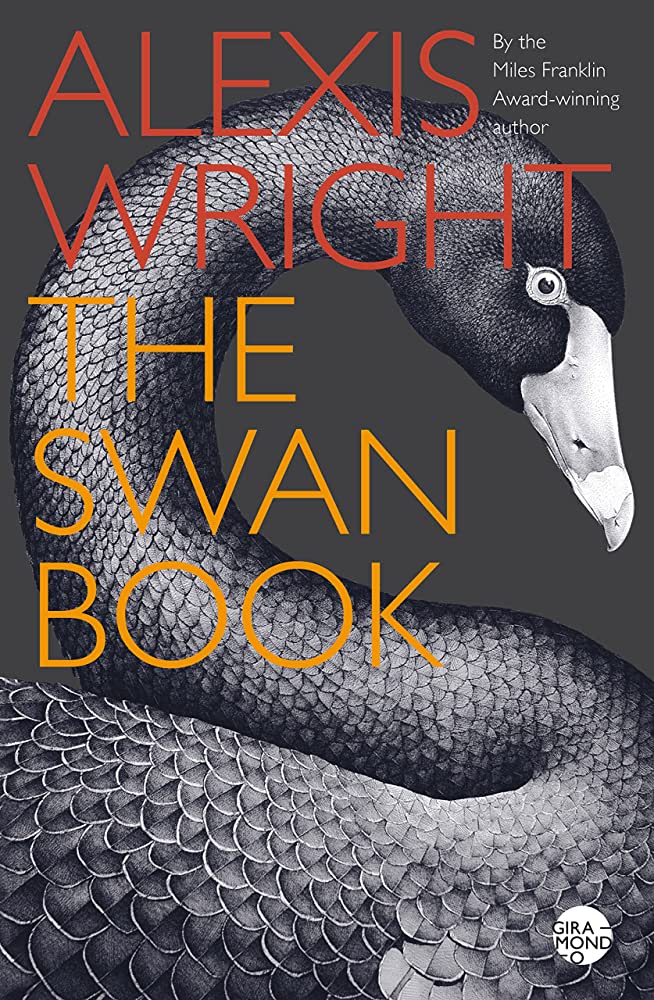Content Warning: This book contains content pertaining to sexual assault and violence that may not be fit for certain audiences.
- The Swan Book is a climate fiction (cli-fi) novel following a young aboriginal girl named Oblivia as she navigates Australia after life- and land-altering extreme climate changes. The novel explores how climate change in combination with governmental power can affect an entire nation socially and ecologically. This story acknowledges indigenous people’s relationship with the Earth and their ability to have a symbiotic relationship with nature.
- Alexis Wright is a member of the Waanyi Nation, author and land rights activist. She has written several short stories and novels, all of which present indigenous perspectives that often deal with the rights of people and treatment of land. The Swan Book was shortlisted for the 2014 Victorian Premier’s Literary Award for Indigenous Writing. The book won the 2014 ALS Gold Medal, which is an annual award from the Association for the Study of Australian Literature (ASAL), and the 2016 Kate Challis RAKA Award for Aboriginal Literature, which is awarded once every five years.

Published by Giramondo Publishing (2013).
How does it relate to climate?
- The book is set in a future Australia that has been forever altered as a result of climate change. The main character, Oblivia, lives in a world that is experiencing devastating floods. As a result, much of Australia has developed into swamp land, occupied by swans.
- The fairytale style of telling this story provides rich insights into the grim realities faced by many indigenous people, while also presenting environmental impacts resulting from climate change in a dramatized and entertaining way. The swans help lead and direct Oblivia throughout the story, which illustrates and recognizes the relationship between the natural world and indigenous people.
- The story demonstrates how we can think about climate change in relation to indigenous peoples’ view of nature, and encourages conversations surrounding the effects of climate change on indigenous communities. Alexis Wright writes that indigenous people’s worldview “ties us with the land and the environment through stories and Aboriginal law” (i.e., indigenous culture and beliefs), and her novel The Swan Book serves as a perfect example.
References and additional resources:
- “Alexis Wright.” Giramondo Publishing. 9 Nov. 2021. https://giramondopublishing.com/authors/alexis-wright/.
- Azam, M. “Alexis Wright: ‘It Was like Writing a Story to the Ancestors’.” The Guardian, Guardian News and Media. 25 May 2014. https://www.theguardian.com/books/australia-culture-blog/2014/may/25/alexis-wright-it-was-like-writing-a-story-to-the-ancestors.
- Shivadas, P. “Alexis Wright’s The Swan Book: Narrating Climate Change and Animist Realism.” Performance of the Real, PubPub. 19 May 2021. https://performancereal.pubpub.org/pub/lasxlegl/release/5.
- “The Swan Book.” Goodreads. https://www.goodreads.com/book/show/18247932-the-swan-book.
- Gleeson-White, J. “The Swan Book: Alexis Wright: Review.” Sydney Review of Books. 11 Feb. 2020. https://sydneyreviewofbooks.com/review/going-viral/.
- Wright, A. “The Swan Book.” Giramondo Publishing. 2013.
